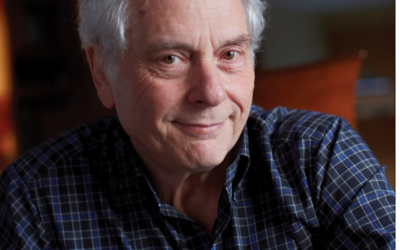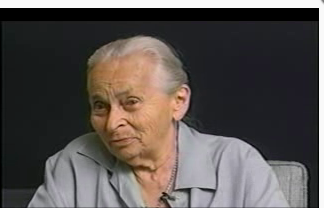 Decision-makers: conflict and consent.
Decision-makers: conflict and consent.
Substitute, proxy, surrogate, agent. They all mean the same thing: the person or people you’ve assigned the authority to make decisions on your behalf, if you become too ill or too injured to speak for yourself.
This may be one of the most important parts of your end of life ‘directives’: it’s often a heavy and serious responsibility to assign. Many’s the substitute who’s suffered from Post Traumatic Stress.
Conflict
Conflict can come from all sides: your surrogate decision-maker(s) may not be ready to let you go – perhaps feeling you’re giving up. Studies show that surrogates direct according to their own wishes, rather than the patient’s directives. Healthcare professionals, too, often feel like they’ve failed if the decision is made not to try another intervention or procedure.
A health crises can throw decisions into array:
- Many would like to die at home, in familiar surroundings. But health scares at home can be too much to handle for family or caregivers or even the patient.
Consent
Even the seemingly simple act of giving ‘consent’ and ‘informed consent’ isn’t so simple in practical terms. It can help to understand these complexities, to better ensure wishes can be honoured.
My big brother, John, had the best possible end
My bro died at home, on Palliative/Hospice Care Although we did not know it at the time, my brother's 'end' started November 2018, with a brain tumour diagnosis. Surgery before Christmas that year was deemed 'successful' and John was in such good physical shape that...
Ricky’s mother had a ‘good death’
Of the three siblings, Ricky – the sole daughter – was closest to her mother, Anna. “When my marriage ended, my kids and I lived with my mother. We all adored her.” In the last three years of her life Anna- who died at age 91 – was beset by Dementia. “It was more than memory loss – it was her wonderful personality that vanished.” In spite of the pain of her beloved mother disappearing, Ricky took care of her until the end.
A beautiful death
“My mother was ‘dying’ for about 10 years – with her sickness, she seemed often on the brink of death, and then she’d rally. We’d all said our goodbyes a number of times. But on the day she actually died, my father was in her bed, his arm around her, holding on to...
Personal Support Worker (PSW): caring at life’s end
Dealing with grief and End of Life as a Personal Support Worker Guest Post by Natrice Rese It's something that you are prepared for as a student. It is understood that as a caregiver, a PSW, you will maintain a distance, a separation, a formal kind of relationship...




